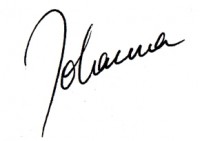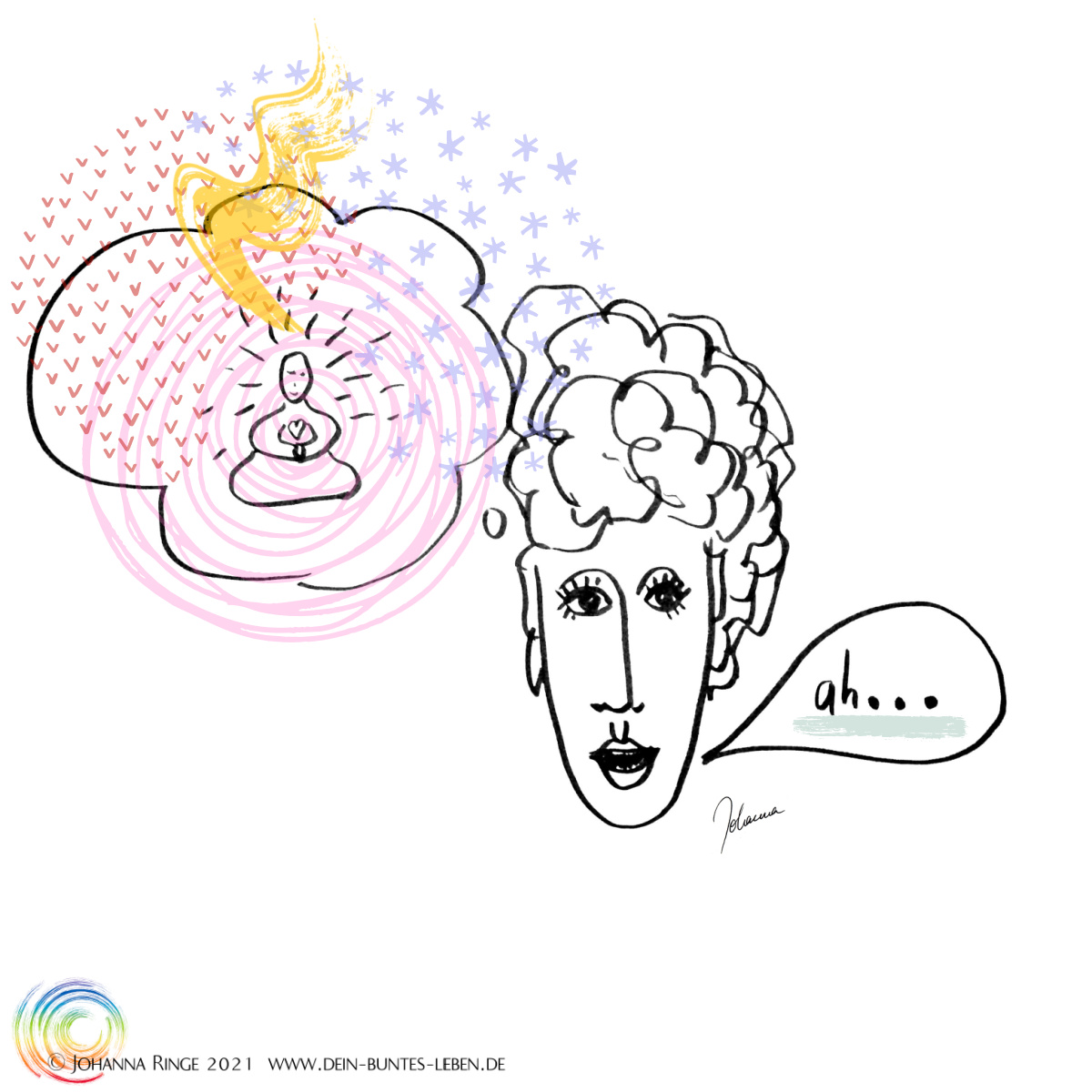Just because they may not have words for something does not mean they can do without it. Just because it seems fleeting, elusive, does not make it unimportant. Oh, there is a lot to say about this… Some say that you need the words for something to be able to perceive it. I am not convinced. Obviously, a child’s world grows more or less at par with its understanding, but we are not talking about tables and swings.
Mood swings, crushes, uneasiness… we all have experienced them.
Often without talking about it, without the need or the want to discuss. But sometimes we should. Not only in therapy it is essential to be able to talk about your own emotions and feelings – in every seriously important relationship with a friend or a lover honesty and communication are indispensable. But what if you really do not know how to put in words what is eating you up on the inside? What if you are not eloquent, no wordsmith, more of a blacksmith? What if you can express experimental mathematics, but your brain shuts down every time emotion washes over you?
Try. Try talking about it, even if you feel inadequate.
Just use the words you know and work your way to the issue at hand. There is no problem in taking many turns, no fault in the spiral approach. (But rather a certain beauty that would win my heart, for sure…) Tell them that it is difficult for you. Ask for time to find the words, ask for a friendly ear. Let them know that you are trying!
The only mistake you can make is not trying to express it, whatever it might be.
Even if the matter at hand is your idea of heaven or hell, your fetish, how you feel about having children, your deepest fears, the way you feel guarded or threatened in this world, your weirdest dreams or the strangely tangible presence of your dead granny –
please do try to communicate the important things in your life to the important people in your life.
There is no shame in borrowing other people’s words either. It’s perfectly fine to use songs, lyrics, poetry, or a quote of your favourite book on the matter. As long as you fill in the gaps with your own words and weave this quote tightly into the dictionary of your relationship, you’re going to be fine. Make sure to attach the red thread of your explanation to some undoubtedly clear concept that you share with your audience. Starting with evident consensus on the night sky being filled with stars will help you getting wherever you want to get.
It’s a matter of making the steps small enough for your audience to follow.
And do not feel rushed. Take your time. Expressing the elusive is no easy feat. If they are worthy of your troubles, your audience will be patient enough. Make sure they know how important it is for you that they comprehend what you are talking about.
Let them know that you are pushing your communicative boundaries in their honour.
It is worth it. You might even try to put it in written words first. It might be less daunting to face the blank page of a notebook than the blank face of your friend. But do not stay in your ivory tower for ever, tinkering and fretting about the perfect wording.
Because in this case it’s not about perfection, it’s about understanding. It may change your life in better ways than you could ever imagine!
Heartfelt, wherever you are,

P.S.: This one is for my husband, with love and gratitude!
P.P.S.: Do you have experiences or tips to share? Please do leave a comment!


Beautifully worded Johanna and so very needed. Thank you for your eloquence and compassionate and passionate encouragement. If only we all dared to share our authenticity and to speak even of the hardest things. Thank you.
Thank you, Dawn, yes: if only we dared!
Much Love to you.
I am convinced that we will be able to explain to someone that sometimes „we eat without being hungry because our mouth is feeling lonely“ – even without being aware of Japanese having a word for this.
It might take us a while… but it is possible.
Yes, Sahra,
well said! (And isn’t it just glorious, that there is a word for that in even one language on our planet?!)